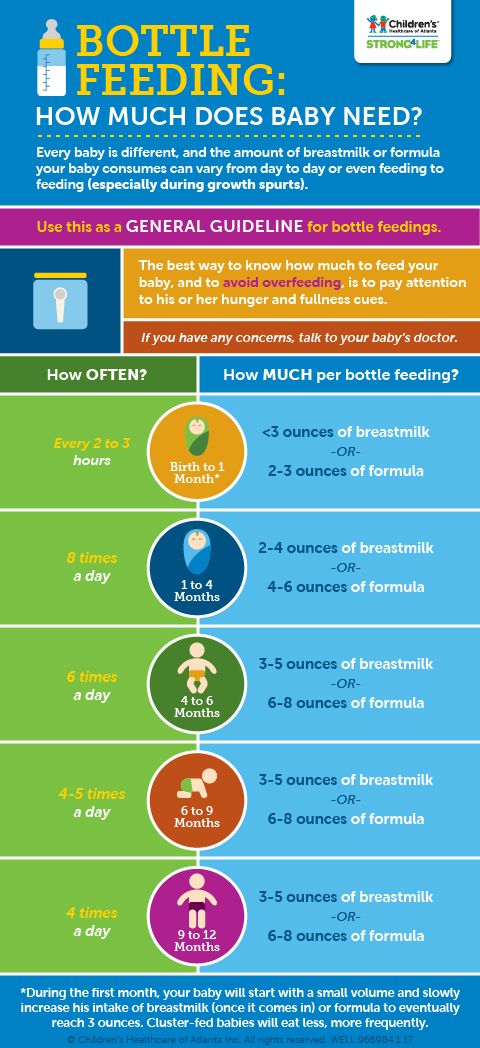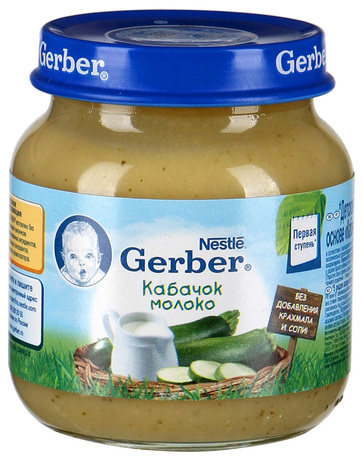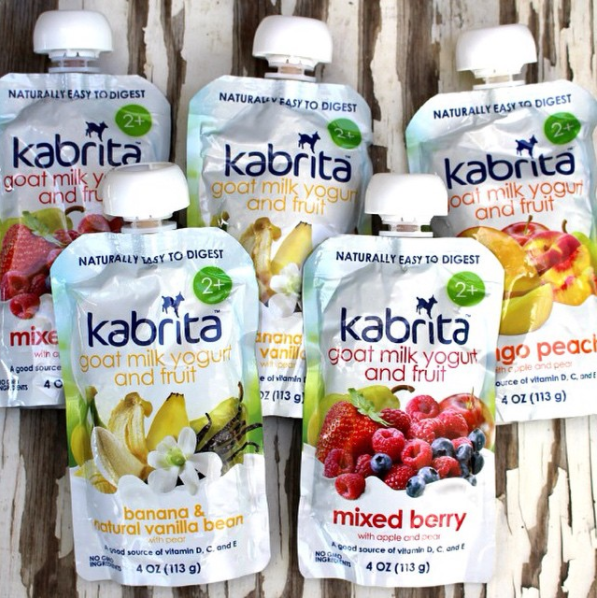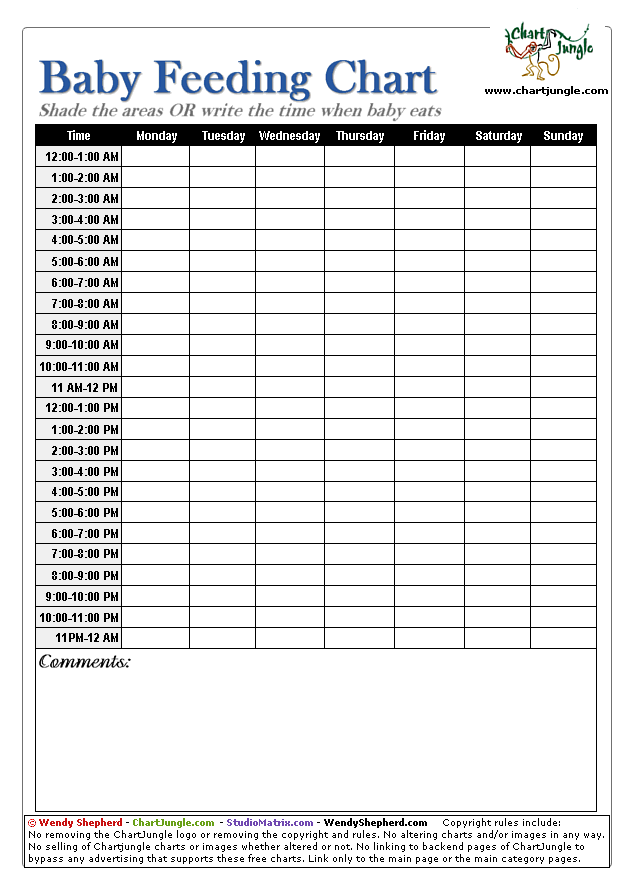Baby demanding feed every hour
What To Do When Baby Is Feeding Every Hour (& Not Sleeping!)
What's in this post...
Is your baby feeding every hour and not napping or sleeping well? Here’s how you can handle when your little one nurses nonstop.
First let me say, mama, that the newborn period can be rough.
You feel like you were a normal human just a few short weeks ago and now, well, you’re a walking milk producer and baby just won’t settle.
You’re exhausted, weary, and ready for your newborn to sleep.
➡️ The good news is this: with a few tweaks you can stop feeding every hour.
Here’s why your baby feeds every hour
If your baby feeds every hour, they are “snacking.”
Snacking means they are drinking enough fore milk (the less nutrient dense milk that lets down first) that they are filled up enough to doze off in mama’s arms.
Or, some babies, will stop feeding after a few minutes and just stare up at you with those Big Newborn Eyes👼.
Either case… baby is snacking instead of taking a full feed.
Read These While You’re At It
How to get your baby to stop feeding every hour
If you want your baby to take full feeds, the first thing you need to do is get them on a proper newborn breastfeeding schedule.
You aren’t going to become a slave to the clock, but you’re going to stop the snacking.
Instead of cluster feeding on purpose, right now, you’re cluster feeding by accident.
How do you do that?By only feeding baby every 2.5 to 3 hours and then, at those feeds, giving baby full feeds.
Newborns will naturally only need to feed every 2.5 to 3 hours if they’re taking full feeds each time.
If your baby has a habit of snacking, they will not be the ones to stop it, you’ll have to.
Newborn Feeding Chart
Use this simple printable chart to track your feeds to make sure baby is fed, your supply is up, and everyone is well.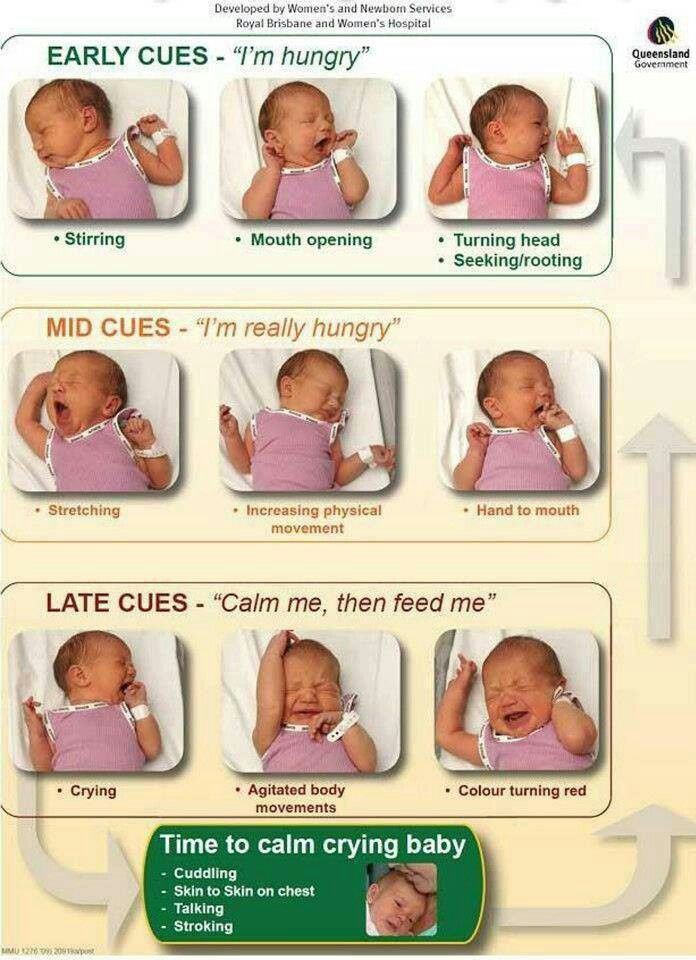
Here’s how to keep baby awake during breastfeeding
When baby feeds for 5 minutes then nods off, you’ll need to swoop in and keep baby awake.
This will help baby get as much milk in as possible and will help them to take better naps.
- Rub baby’s cheek
- Rub baby’s hands or feet in circular motions
- Unswaddle baby (a must if you want to avoid day night confusion)
- Use a wipe or wet wash cloth to rub on baby during feeds
- Stop feeding and hold baby up, speaking to baby
- Take baby outside or somewhere that’s a change of scenery
- Make noise, get near siblings, talk to baby
- Keep the lights on
Read: Is Sleep Training a Baby Bad or Dangerous? Let’s Talk Facts!
The reason baby doesn’t sleep well when they feed every hour
Your little one will likely not take good daytime naps if they are not taking full feeds.
They aren’t full enough to stay drowsy and asleep as they transition sleep cycles.
When they transition from active to passive sleep (or vice versa) if they aren’t full and are hungry, instead of just continuing the nap, they’ll become fully alert and ready to feed.
And then, because they only took a short nap, when you feed again for 5 to 10 minutes, they’ll be lulled back into a sleep.
➡️ Continuing the cycle of accidental cluster feeding and an overtired baby.
Related Reads:
- The Biggest Baby Sleep Myth That Backfires Every Time (And Makes Over Tired Babies)
- The Ultimate Guide To Baby Sleep Times (Naps & Bedtime)
How to stop the cycle and get on a good routine
The first thing you need to do is to stop baby from snacking every hour.
Encourage full feeds.
If baby is older than 6 weeks and wants to feed after one hour, consider offering a pacifier (we use these stuffed animal ones) instead.
This may help baby get back to sleep for a longer nap, and will mean the next time you feed baby will be hungry enough to eat a full feed.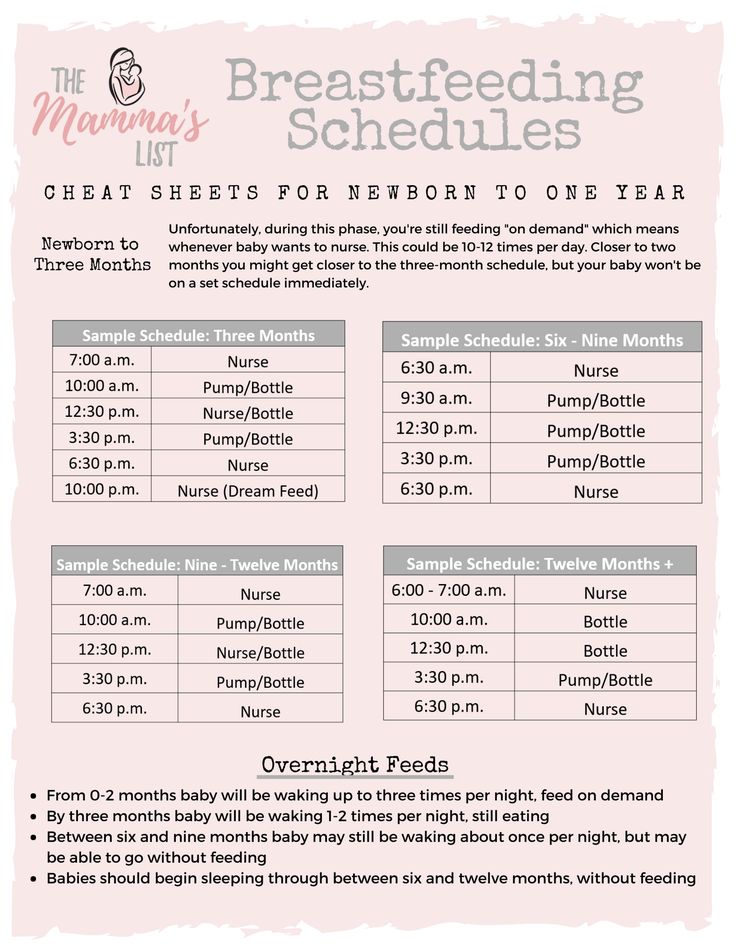
Do the best you can.
Baby has been in the snacking habit and may resist the change, but eventually you’ll see that you have a far less whiny baby on your hands when they have full tummies and are well rested.
Read: 8 Reasons You’ve Got A Whiny Baby And What To Do About It
Sleep Little Lamb
Create sustainable sleep habits for your little lamb so the whole family can sleep peacefully without the stress, drama, and tears.
Learn More
How to get your newborn to nap better
After you make sure that baby has full feeds, you’ll want to work on the napping…
I encourage you to read my full post on baby sleep here – Foolproof Baby Sleep Tips — Routines, Habits & Strategies.
@amotherfarfromhome Follow for more tips like this one! #newmommas #momstrugglesbelike #tipsformom #mommingit #sahmom #parentcoach #mommingallday #newbornbabytips ♬ Sunroof – Nicky Youre & dazy
Here is how to approach napping with your baby:
- Newborns should only be awake for around 45 to 90 minutes at a time (including feeding!) so your newborn routine and your newborn sleep schedule should have a nap after every single feed.
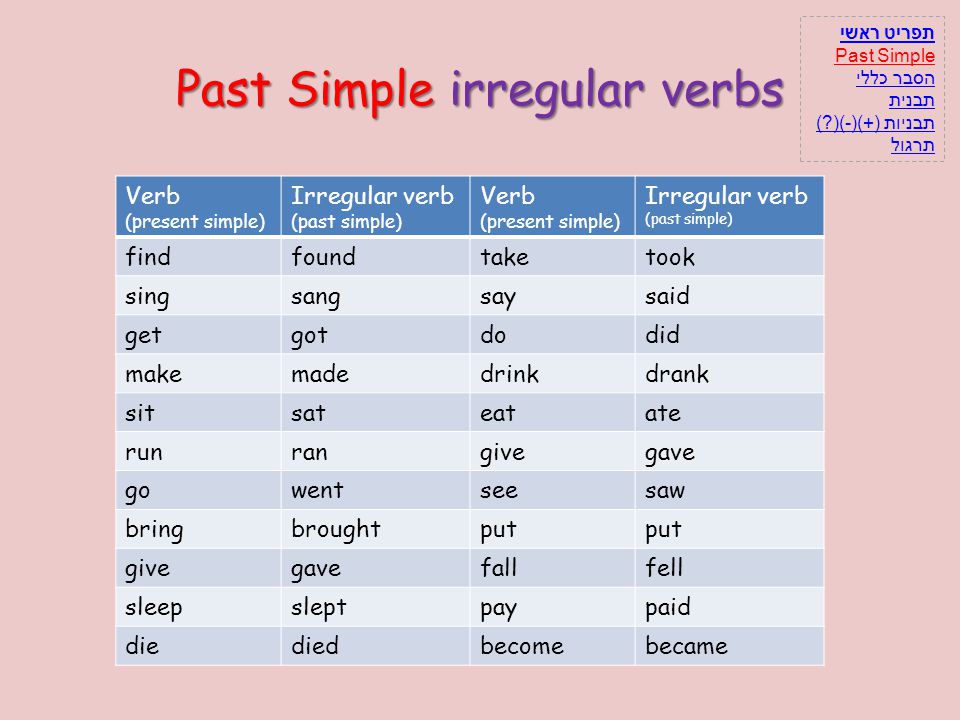
- Don’t rock baby to sleep in your arms and then try to put him in the crib because when he transitions through the sleep cycles he’ll realize he’s not in your arms… and he’ll wake up early.
Read: The Top 10 Indicators It’s Time to Sleep Train
- Establish a basic routine with your baby. You can follow this newborn routine here or modify it slightly.
- Put your baby to sleep drowsy but awake.
- Establish some wind down routines for your little one prior to nap.
- Focus on cluster feeding in the late evening hours which will help baby top up and sleep better throughout the night.
- Identify any sleep props your baby has (things that prevent him from transitioning and sleeping well on his own) and replace those with sleep associations.
28 Things To Do If Baby Won’t Sleep CHECKLIST
Here’s a handy dandy list of 28 things to try so baby will stop fighting sleep and sleep longer and later.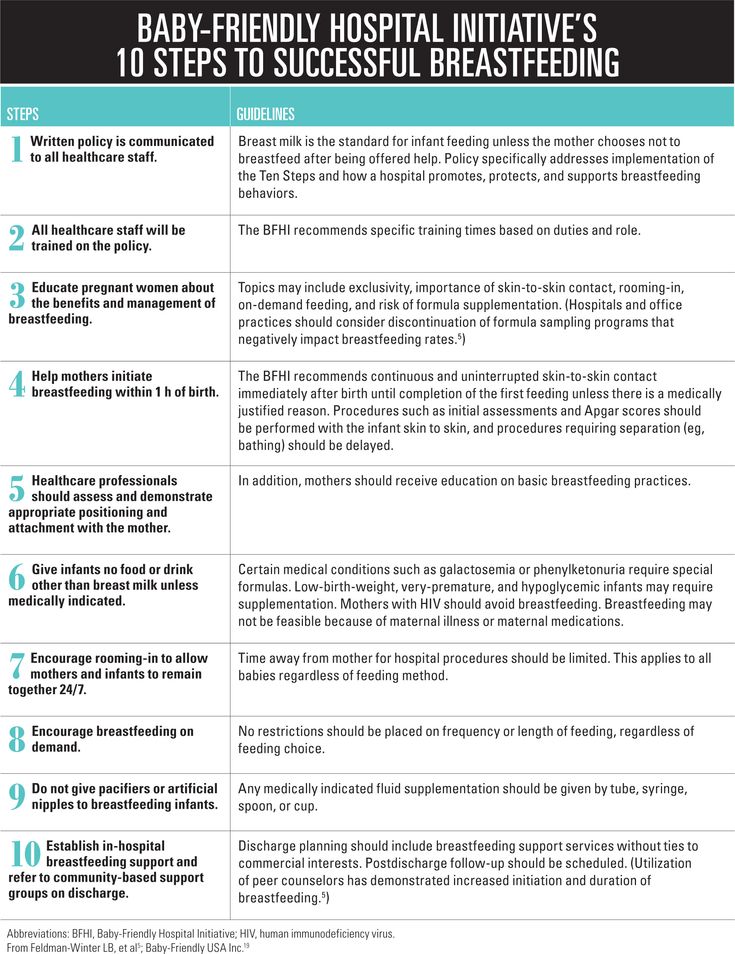
Recap and FAQ… How to get baby to stop feeding every hour and start sleeping
Why does my baby feed every hour?
Short answer… because you let him. Encourage baby to take full feeds and then baby won’t need to feed sooner than 2.5 or 3 hours between feeds throughout the day.
Perhaps even less at night.
Is ten minutes a full feed?
Probably not.
If baby will feed for ten minutes then nap and wake up to feed around 2.5 hours later, it might be.
My daughter fed no longer than 15 minutes per feed, but she could go 3 hours between feeds so, for her, it was a full feed.
Why does my baby want to breastfeed constantly?
If your baby wants to feed constantly, but never feeds that much, then it’s likely an association between feeding and comfort.
You can create other positive associations by cuddling, singing, rocking, baby massage, and other things that will help you to feel bonded to baby (so you can enjoy baby now!) but not be open for milk business all day.
Is feeding every hour cluster feeding?
Yes and no.
Cluster feeding is generally something a breastfeeding mother does on purpose in the late afternoon early evening period (feeding every 2 hours, say) to help give baby all the nutrients he needs so he will sleep later and longer.
Feeding every hour is more like an accidental cluster feeding and if baby isn’t having full feeds then it’s more like Comfort Nursing, not cluster feeding.
About those growth spurts…
Do babies feed every hour when they are going through a growth spurt?
If your baby is going through a growth spurt they will want to feed more often.
This helps your milk supply increase. It’s how you can know if baby is getting enough milk.
If baby is feeding every hour two and taking these feeds seriously – full feeds – then it’s likely a growth spurt or milk supply issue.
Or if baby is trying to feed every hour or two and only feeding for five minutes here or there, it’s not likely a growth spurt.
Why does my baby nurse for 5 minutes and then cry?
This could be a number of things.
Baby could have reflux or you could have hyper-lactation.
Baby could have uncomfortable gas.
Or baby could have a food sensitivity to something you’ve eaten. If this persists past a few days, I’d go in to the doctor and rule out the above causes.
Newborn Feeding Chart
Use this simple printable chart to track your feeds to make sure baby is fed, your supply is up, and everyone is well.
Milk supply?
Why does my baby always seem hungry and never satisfied?
This could be your milk supply. Here’s how to know if baby is getting enough milk.
Could be that baby is going through a growth spurt which means baby is more hungry.
Baby might be teething and eating is not comfortable so he’s not feeding well and in pain. Try pain management for babies who are going through teething.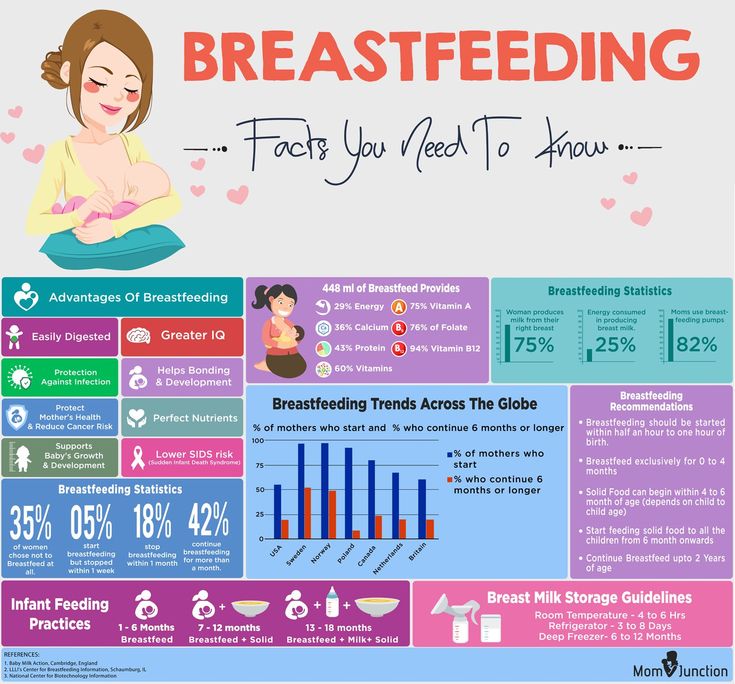
Why is my newborn feeding for hours on end?
Short answer: they don’t.
They may stay at the breast for a long time, but that doesn’t mean they are actively feeding.
If your baby will take a pacifier you’ll see that they will also suck at the pacifier while sleeping.
Encourage your baby to be awake for feeds and then, after 30 to 45 minutes, take baby off the breast and let them take a nap in their own crib.
Sources:
- The importance of schedules and routines
- Routines minimize chaos which promotes resilience and regulation
- Routines indicators of predictable family life contributing to childhood development
::
Foolproof Baby Sleep Tips -- Routines, Habits & Strategies
What's in this post...
When it comes to baby sleep there are So Many Unknowns. Use this cheat sheet to learn all the baby sleep techniques, strategies, solutions, and tips you need to know to help your baby sleep (and therefore yourself) well.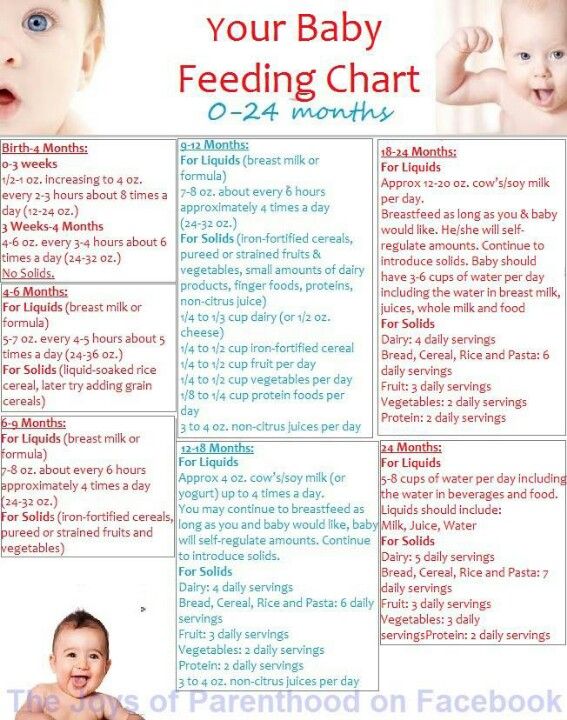
Before you read the 32,645 words (jk jk… or am I?) about sleep, I want to tell you something.
Something I hope you find encouraging, and not discouraging.
Humans (and therefore our precious babies) are made to sleep. It is necessary for development and restoration and they will – as a matter of survival – learn to do it.
The truth is this: the biggest barrier to our little one sleeping well is often us.
In fact, one of my most favorite posts about helping little ones sleep is about how this ONE THING is what often keeps us from having content peaceful babies who sleep well.
Sleep Considerations — You’ve Got This!
Here are some of the biggest things that need to be considered when you begin to tackle the issue of baby sleep.
You’ll want to use our daily baby logs if you really want to dig into what’s happening with baby.
Bedtime Routine, Routine, Routine
Like the price of a home is determined by Location, Location, Location, the likelihood your baby sleeps well is determined by your Routine, Routine, Routine.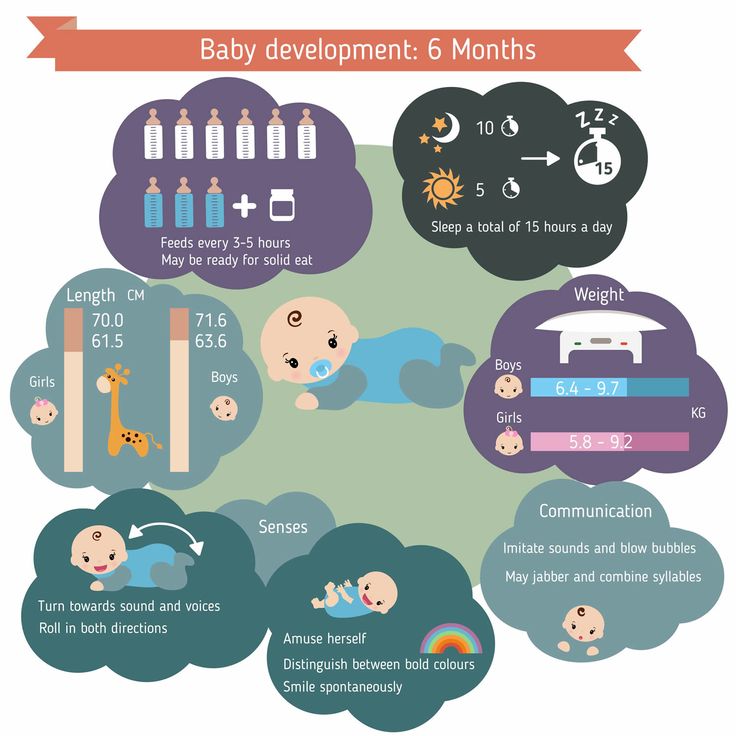
If baby is here, there, and everywhere then the likelihood baby will fight sleep is pretty high.
Even if you are a spontaneous person and hate being tied down to routine, that doesn’t mean that routine isn’t good for your baby.
➡️ You might not like routine, but babies do.
Questions to ask yourself about your routine:
- Is there too much time between naps?
- Does baby seem overtired? Am I doing the #1 thing that feels intuitive, but backfires?
- Does the family regularly do the same thing morning, afternoon, and evening? Is there a pretty predictable rhythm?
- Is our wind down routine in place?
- My routine, is it on point? If so (and believe me, you aren’t alone) then get Rhythms, Routines, & Schedules and see 25+ sample routines that make for easy baby sleep.
Ultimately, baby needs a routine that allows them ample time to be up and interacting with you and then ample time to rest.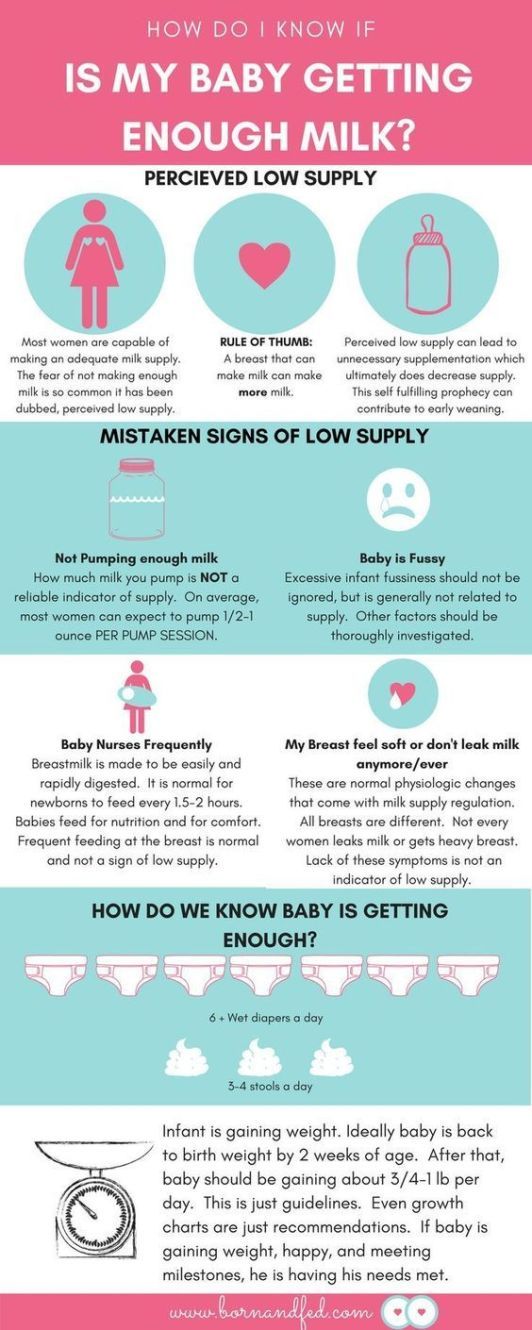
Read: How to Stop Contact Naps (Peacefully)- and What to Do Instead
Too much awake time and they’re overtired and won’t sleep.
Conversely, too much sleep during the day and they’re up all night.
Nap Times Cheat Sheet
Learn how to space naps, how many a day per age, best times, etc. and get your nap game ON!
How Cluster Feeding Helps Infant Sleep
If baby isn’t sleeping well at night then you might want to try cluster feeding.
Cluster feeding is both extremely stressful (if done all day) and extremely useful if done right (at night before bed).
You don’t want to get into the habit of cluster feeding all day long every day as a general routine.
This will make you nuts and baby fussy.
Instead, you want to use cluster feeding to help get lots of nutrient rich milk into baby’s tummy before they are down for the night.
- In the hours between 5 and 8 ish, try feeding a few times.

- The goal is to help baby eat well, top up, and do it again before you want them to go down to sleep for the evening.
- Let your dream feed be the last feed you do and hope baby will sleep a longer stretch.
- Don’t cluster feed all day long unless baby is having a growth spurt. If no growth spurt, focus on full feeds.
Read: 12 Medical Reasons Why Your Baby’s Not Sleeping (With Symptoms of Each)
How The Dream Feed Helps Everyone Sleep
The dream feed is the last feed you give baby before you go to bed for the night.
This usually happens between 10 and 11 ish, give or take.
It’s the very last feed you want to drop. If baby sleeps longer stretches you want to feed at 11 pm then let baby sleep until the morning. Then, after a few weeks of this, then and only then will you drop this feed.
Dream feed tips
- Sometimes baby finds it hard to wake at this time. If baby won’t wake to feed, give it 20 minutes and try again.
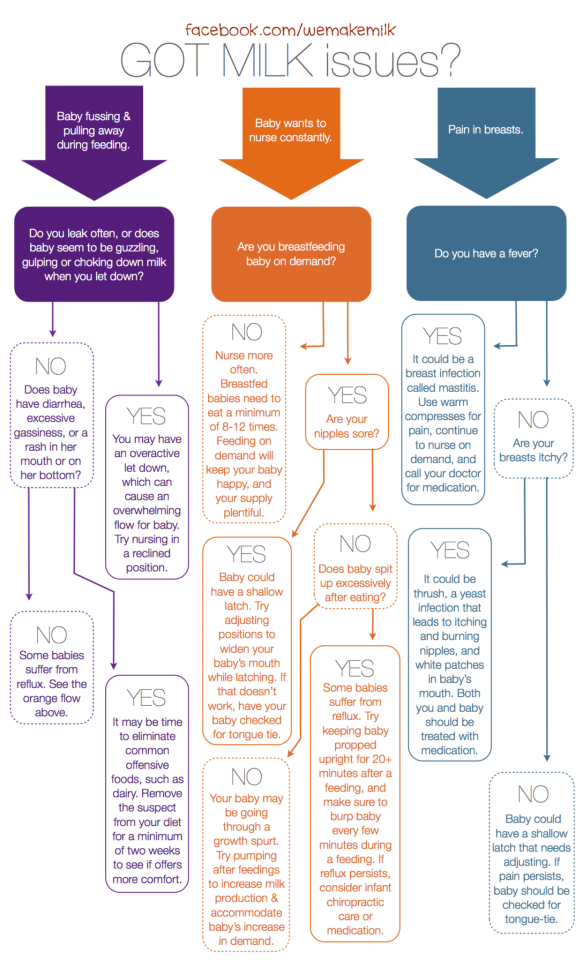
- This feed is the one that tops baby off and allows them to have a full tummy that’ll help them sleep longer. If the last feed baby has is at 8 p.m. it’s no wonder that he wakes at 4 a.m. and is ready to start the day!
- Drop this feed last.
Sleep Times (Naps & Nights)
Here are some generally agreed upon sleep times for babies. Some babies will have higher sleep needs than others, so you don’t have to go to the letter.
The way you know if your routine is working is this: if baby is content the majority of the time.
Here are windows… some babies will sleep on the higher end (or perhaps even more) and some a bit lower than this. Remember the rule of thumb above!
- Newborn to 2 months: 16-18 hours a day | 7 to 9 naps (one after each feed) .
- 2-4 months: 15-17 hours a day | 4 to 5 naps (after each daytime feed).
- 4-6 months: 14-16 hours a day | 4 naps or so (probably dropping the last nap before bedtime).
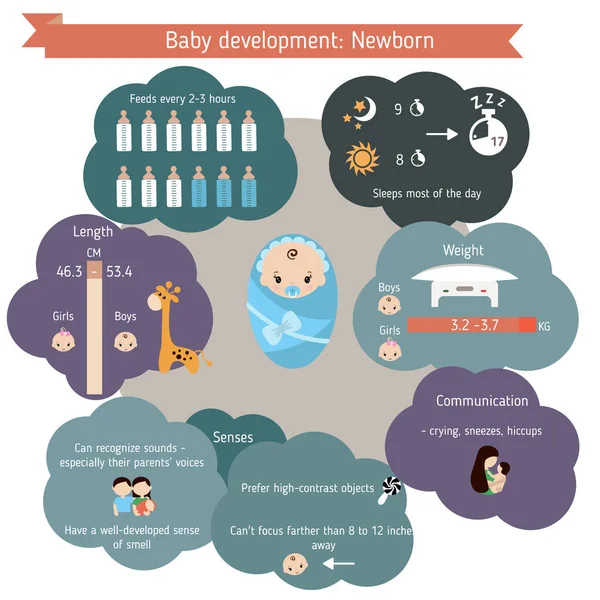
- 6-9 months: 14-16 hours a day | 3 to 4 naps a day (eventually getting down to 2 naps a day).
- 9 – 12 months: 14-16 hours a day | 2 to 3 naps (eventually getting down to 2).
- 12-18 months: 14-15 hours a day | 2 naps a day (eventually getting down to 1 nap a day).
Read: Baby’s First Year: The Ultimate Month By Month Guide
How Over tiredness Affects Baby
Let’s talk about a cycle.
➡️ If babies are overtired they have trouble going to sleep.
➡️ Then, they have trouble going to sleep, mom introduces sleep props to get baby to sleep.
➡️ With sleep props in place, mom is then forced to continue jumping through hoops to help baby sleep.
➡️ Baby becomes overtired and the cycle goes on.
It seems lose / lose and the truth is, it’s hard.
Here’s an in-depth post on helping baby avoid overtiredness, but let me give you a few highlights.
- Find your baby’s sleep window (when baby is drowsy and will go to sleep well) and don’t go past it.
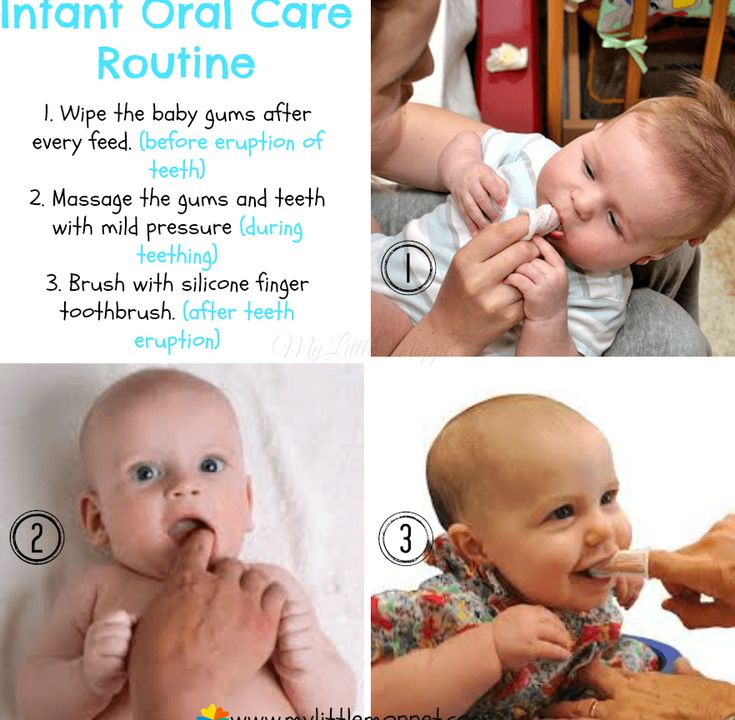
- Institute some wind-down routines before you put baby down to rest.
- Don’t have busy days one after the other. Schedule in time to be at home with baby so they can be better rested. Remember: it’s a short season!
- Don’t put baby down to bed in a crowded room with loud siblings past about 3 months of age. That’s when babies start to “wake up” and you’ll find baby gets exhausted quickly.
Daily Routine Brainstorm SHEETS
Get my cheat sheets (newborn up to elementary aged kids) and find your family’s groove.
Use them for:
- nap times
- meal times
- bedtimes
- chore times
- play times
- AND more!
Day / Night Confusion
If your baby is 6 weeks old or under, there’s a possibility for some day night confusion.
Day night confusion is marked by these symptoms:
- Baby takes long naps throughout the day and is difficult to wake.
- Baby is more restless and fussy at night instead of day.
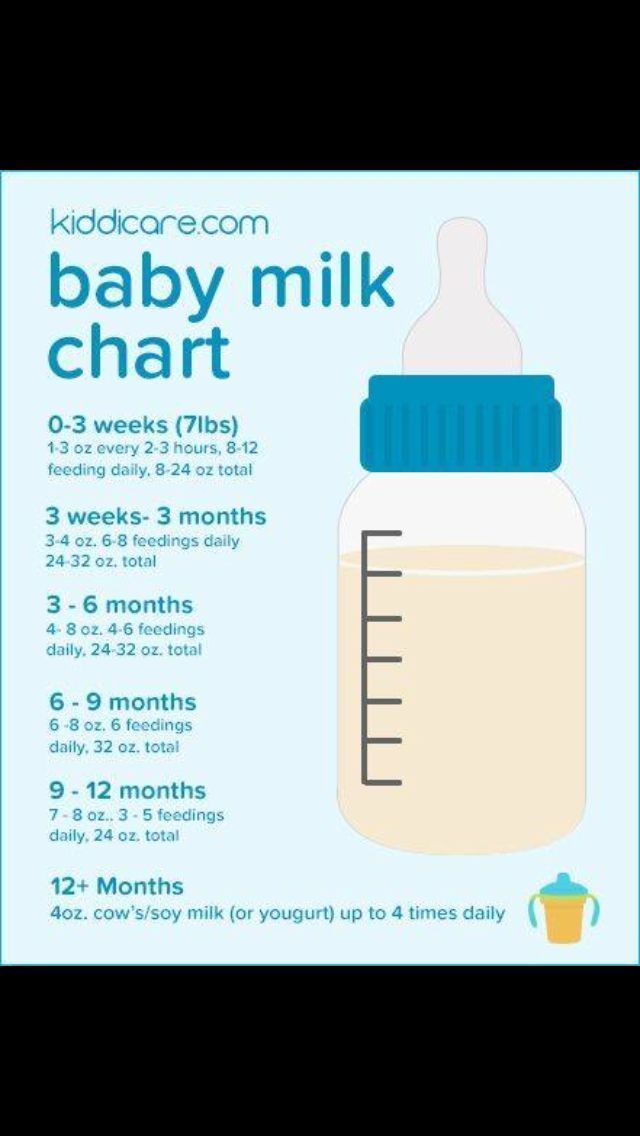
- And baby has longer stretches between feeds during the day instead of at night.
The key is to differentiate between day and night for baby. It seems like it might be quite difficult (based on the trouble you’ve had) but really it’s not.
How To Reverse Day Night Confusion
- Don’t let baby nap longer than 2 or so hours during the day.
- Wake baby up from naps that go over that.
- Turn on lights and open windows and curtains and take baby outside during the day between feeds. Or better yet, FEED OUTSIDE.
- At night, don’t turn on lights to feed. Use your phone or a very dim lamp or flashlight. By turning on lights at night you are perpetuating the confusion. If sleeping away from home, try using blackout curtains.
Infant Sleep Props
A sleep prop (something baby depends on for sleep) is something a child associates with sleep that requires you and your presence, or is something that a child can’t control on their own.
These sleep props can become quite addictive (particularly during witching hours) and we’ll talk about why later.
Sleep props can include, but are not limited to:
- nursing to sleep,
- rocking to sleep,
- pacifiers if they can’t re-insert them, (Read: Pacifier Weaning 101: Guide To Less Stress & Fewer Tears)
- car rides to settle, or
- swings or vibrating chairs (if they won’t sleep there every time).
Sleep Little Lamb
Create sustainable sleep habits for your little lamb so the whole family can sleep peacefully without the stress, drama, and tears.
Learn More
A Sleep Mindset You Need
The truth is that babies are made to sleep.
They are made for restorative rejuvenative rest.
If they are not having that (and it’s not medically related) then it’s because baby doesn’t know how to sleep on its own, the conditions aren’t right, or you are too Mom Guilt Ridden to let it happen.
“Mom guilt causes moms to make unwise decisions in the moment at the expense of long-term healthy habits.”
If this is you, you are not alone.
It is really hard to make baby sleep changes that cause baby to be (temporarily) unhappy.
We feel horrible.
Like failures.
As though we’re torturing our babies and forcing them to do something against their will.
Read: The Nap Trap – How To Deal With It & Not Resist It
We have to remember that the goal of baby sleep is FOR our baby.
How To Protect Baby’s Sleep With Older Siblings
Little kids are curious.
Kids are loud.
And they talk nonstop.
They are hyper.
This does not stop when a new baby comes home.
In fact, this amps things way up.
They are more curious, more excited to hug, cuddle, and squeeze the baby, and all around in a more agitated state.
At least for a little while.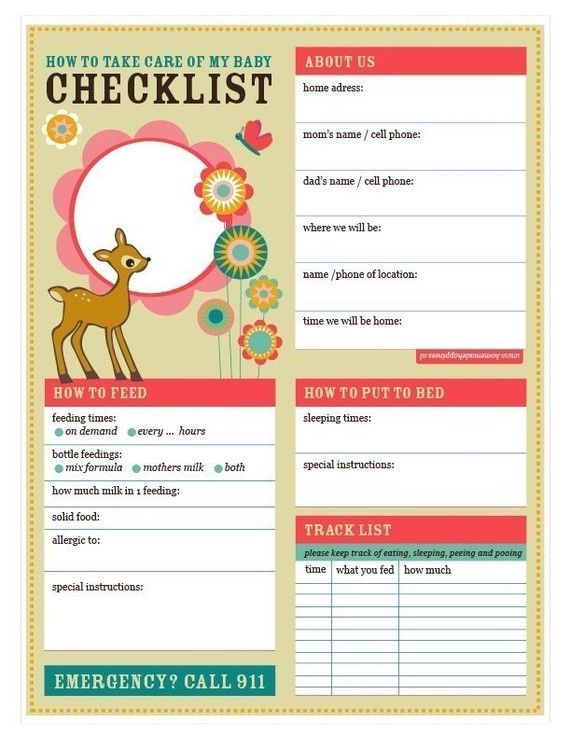
When baby is up to around 3 months, he may just sleep in the living room with chaos going on around him. But let me assure you of something.
This will stop.He will not be able to go to sleep with chaos around him for months and months. And, if he does, he won’t pass through active and passive sleep cycles well and will wake up after 45 minutes.
The truth is, we need baby to rest.
- Create clear rules for siblings (i.e. do not go into baby’s room while he’s napping).
- Use white noise. White noise is a true lifesaver. It’s also a sleep association that works.
- Find creative nap locations. I’ve had babies sleep in guest bathrooms and my closet. Whatever keeps the noise out works.
- Occupy the older ones. Let them have independent play, go outside, or have their own rest time.
Reflux
Babies with reflux have a hard time sleeping.
The End.
Okay, it’s not that hopeless. But it is hard. Gas often accompanies reflux and it can seem like a negative cycle.
Baby is uncomfortable.
So baby won’t sleep. Baby is tired so doesn’t feed well. Then baby is hungry, overtired, and not resting or feeding well. Baby is uncomfortable.
Here’s an entire post on baby sleep and reflux, so you can go there for more info, but here are a few key points.
- Burp really really well after feeds.
- Determine if you have hyper-lactation or if baby actually has reflux.
- Incline the crib with a safe infant wedge.
- Keep baby as comfortable as you can.
Growth Spurts & Regressions
Babies have sleep regressions.
Usually a 4 month old baby sleep regression and the 9 month regression then the 2 year old sleep struggles.
Here’s a good rule of thumb…
If baby has slept well for a good while, sleeping through the night and going down on their own, this is likely a regression or a growth spurt NOT a sleep issue.
Sleep issues are when baby really hasn’t ever slept well past the 3 month mark. Some babies will sleep well until 3 months (because babies are naturally super sleepy until then) and then suddenly WAKE UP.
This is usually sleep related, not a regression.
How To Handle Regressions:
- First, determine if it’s a regression or sleep related. If baby used to sleep well then stopped, it’s likely a regression.
- Rule out teething or ear aches or other physical discomfort. One time my baby was waking up multiple times nightly for a few nights and I realized he was cold. I felt horrible, obviously. And here I write a blog about baby sleep.
- Keep a semblance of routine. Growth spurts may mean feeding double the amount for a few days until baby and milk catch up, that’s fine. But don’t completely throw off your routine.
- Read these posts on the 4 month sleep regression and the 2 year old toddler sleep regression issues.

- Do not take the regressions as a sign baby doesn’t need sleep. Take them as a sign that baby is having trouble sleeping for whatever reason.
Sleep Problems
Here are some common baby sleep problems:
- Doesn’t fall asleep easily without some type of sleep prop.
- Wakes up after 45 minutes from a nap (see this post).
- Sleeps heavy during the day and light at night (see this post).
- Cries, screams, or whines to get to sleep and the parent can’t take it.
- Wants to feed every hour or every two hours well past the 6 week age mark (see this post).
- Wakes up super early in the morning and won’t go back to sleep (see this post and this post).
Sleep And Separation Anxiety
One main concern of parents looking to teach their babies healthier sleep patterns is they’re worried the baby will feel abandoned if they are alone sleeping in their crib. They are noticing separation anxiety at bedtime.
To some moms…
Baby who sleeps well alone = baby who is not connected to mama.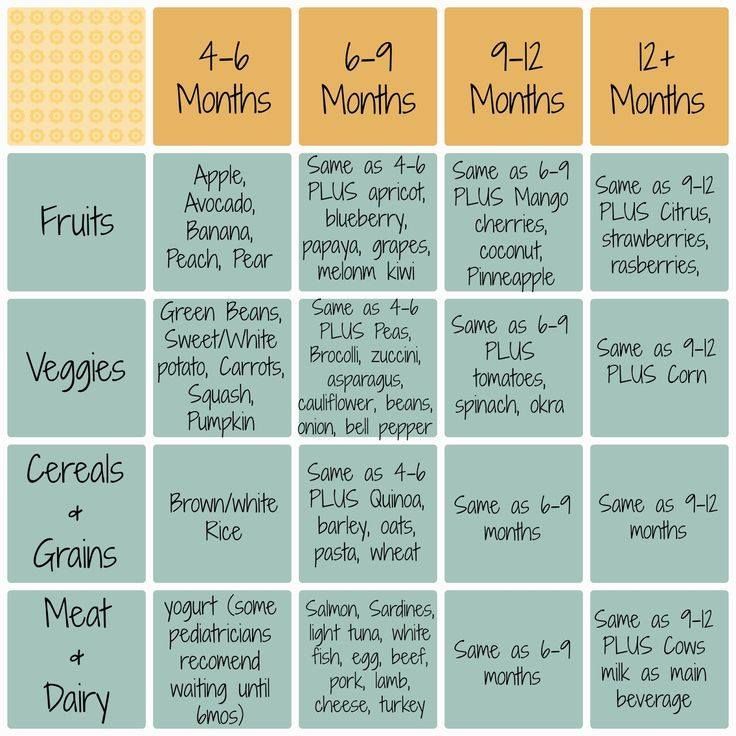
This is what’s referred to as a Zero Sum Game.
➡️ Either baby goes to bed well and is given the privilege of much needed restorative rest OR baby is well connected to a nurturing mother.
➡️ Either your baby is well rested and content and happy and disconnected from you OR they are connected to you and then miserable with exhaustion.
Honestly, this makes no sense.
It’s nothing more or nothing less than this…
Sleep training is nothing more or nothing less than helping babies learn to go to sleep on their own and stay asleep on their own.
As you are putting them down for a rest, you are there.
Then, when they wake up, you are there.
When they are hungry, you are there.
And when they need comforting, you are there.
FALSE Mom Guilt is often the #1 reason babies are exhausted and miserable with fatigue.
FINALLY…. Concluding Thoughts On Baby Sleep
I know if you’re here and you’ve read this much (over 2300 words, wow!) that you are serious about baby sleep.
You want your little one to be happy, well-rested, content, connected, AND you don’t want to be up all night every night comforting a worn out inconsolable baby.
This is not a pipe dream.
Frequently Asked Questions
Here are common (and sometimes verbatim) sleep questions I get asked on the reg.
Are baby sleep sacks necessary?
They are not *necessary* but babies usually do sleep better snug and swaddled up. It helps prevent the startle reflex from waking them when they are in the lighter more passive sleep.
I personally recommend the Woombie.
When are baby sleep regressions?
Regressions often happen at 3 to 4 months, and again at 2 years. Additionally, you might feel like baby is having a regression around 5 to 6 months of age because they are starving and not quite eating enough solids to keep them full.
This will interrupt sleeping.
Why does baby sleep during breastfeeding?
Nursing brings both comfort and sustenance to baby.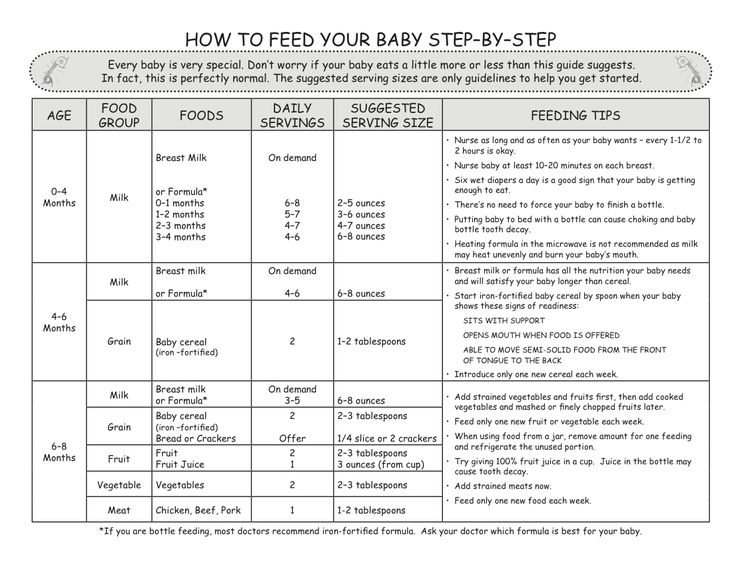 It’s natural that after feeding for a bit, baby will have enough to be lulled to sleep, then start to catnap at the breast.
It’s natural that after feeding for a bit, baby will have enough to be lulled to sleep, then start to catnap at the breast.
This can cause a lot of issues with sleep because baby is snacking. Here’s a full post on full feeds.
More Q’s…
“What helps baby sleep when teething?”
I have an entire post on teething and how it affects sleep. It is hard, but the trick is comforting baby and then helping baby be as comfortable as she can so she’ll continue to sleep as much as possible.
“Do I have to put baby to sleep on their back?”
In short, yes. Experts say that putting baby to sleep on their back helps prevent SIDS. That said, once baby is able to roll over, they may try to roll on their tummy.
This is when you would swaddle wean. And, unless you plan on going in and repeatedly flipping baby over, then you’ll have to leave that up to your discretion.
“Where does baby sleep in a hotel?”
So, if we were driving to our destination we’d put baby in a pack n play that we brought with us.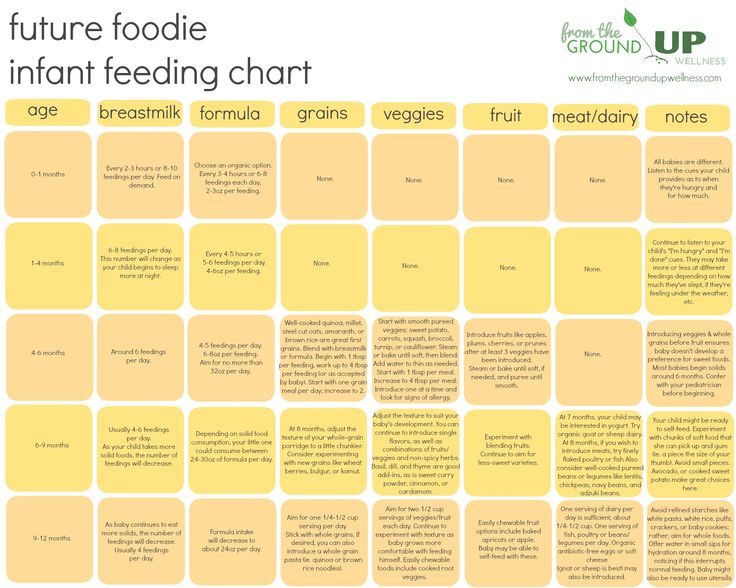
Or, if we were flying, we’d request a crib from the hotel. They usually have them! See more tips in my ebook Can The Kids Come Too?
I have also, because I am paranoid about sleeping with baby in my bed, made a nice soft pallet on the floor near our bed where I laid the babies on their backs.
“Why won’t baby sleep unless he’s being held?”
This is a classic sleep prop. Why? Babies love their mamas!
If baby is used to sleeping in your arms, that’s where she’ll want to sleep. They key is to wean from these sleep habits into others that allow baby to go to sleep peacefully on their own.
I have an ecourse that’ll help.
“Will baby sleep better with solids?”
In a word, yes.
At the 5 month mark or so, start gearing up for solids and by 6 or 7 months of age, baby should be sleeping a lot better. If, that is, hunger was the baby sleep culprit.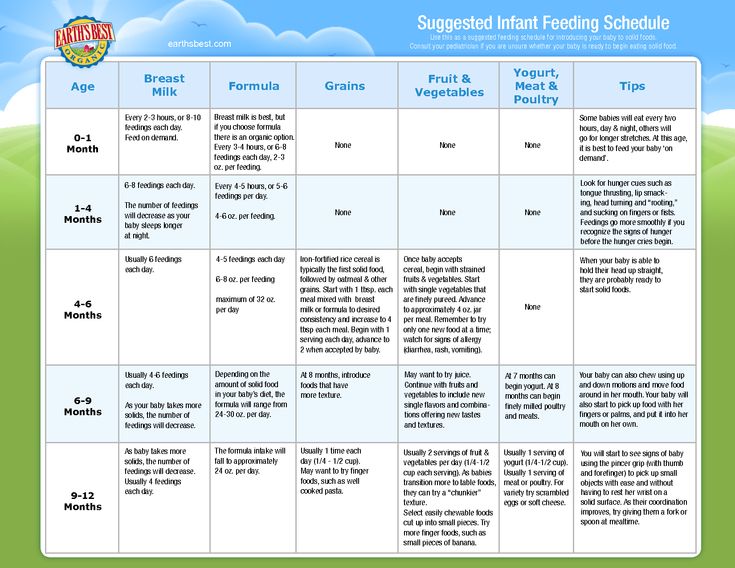
Sources:
- Children with optimal bedtime routines showed improved executive functioning
- Adequate sleep in the first year is critical for optimal infant neurodevelopment
- Research shows sleep training does not have long term stress effects
::
The child asks for food every hour: feed according to the regimen or on demand?
Kizino Polina Aleksandrovna
pediatrician, perinatal psychologist
What should and should not be done if a newborn baby asks for food every hour? Polina Kizino, a pediatrician and leading expert of the Smart Mama online school, gives advice on breast milk and formula feeding, as well as on cluster feeding of an infant, which will help even experienced mothers. nine0003
— Polina Alexandrovna, why does the child ask for food every hour?
— A child needs frequent feedings at certain periods of his life and development. Here, the main problem is that often mothers do not distinguish between the child's need for food and his anxiety for other reasons.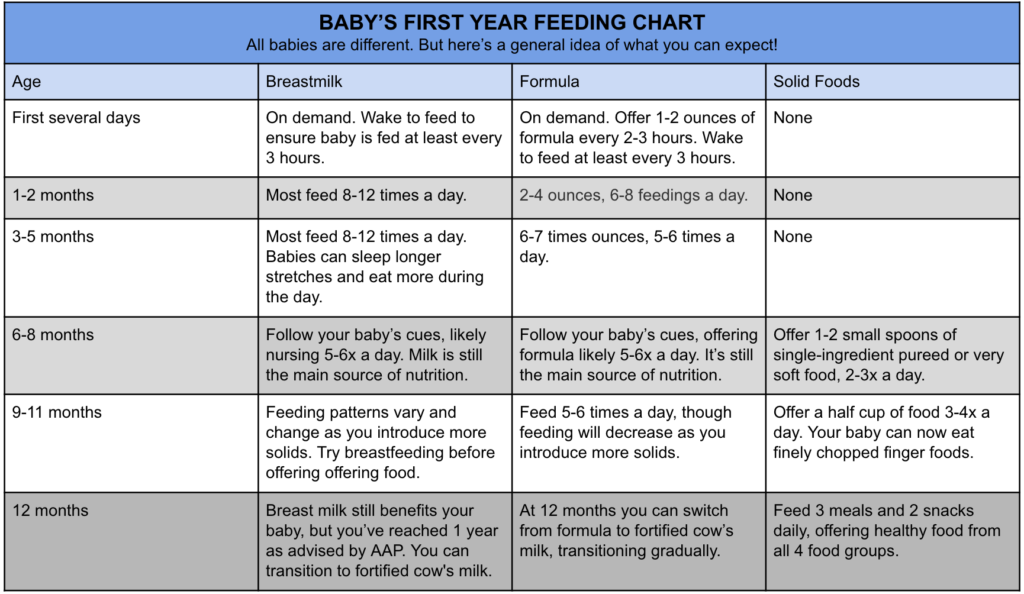 For them, a fussy baby is always hungry and needs to be fed. But acting by mistake, you can go beyond the norm.
For them, a fussy baby is always hungry and needs to be fed. But acting by mistake, you can go beyond the norm.
— Is it worth keeping a baby's diet at all and how to avoid overeating? nine0010
— When breastfeeding, a baby can suck out different amounts of milk in different feedings and get hungry a little earlier or a little later, so a nursing mother needs to trust the baby more and follow his needs. The mixture stays in the baby's stomach a little longer than breast milk, and to avoid overfeeding, clear intervals between bottles are introduced. Mixed feeding will be a cross between breastfeeding and artificial feeding.
Overeating in a small child is rare. In extreme cases, if so much is eaten that the stomach does not hold food, the baby will spit up an extra amount of milk or formula. nine0003
Read also
- How much and how often to feed the baby day and night, and whether to set feeding hours.
How often to feed a newborn
— Why is the baby constantly hungry? And what if he often asks for food at night?
— With night feedings, you need to be careful and careful. When a baby asks for food and is fed every hour, this is called cluster feeding. It is acceptable for one or two days, but if this happens for a long time, it is not normal. nine0003
When a baby asks for food and is fed every hour, this is called cluster feeding. It is acceptable for one or two days, but if this happens for a long time, it is not normal. nine0003
The problem is that frequent "snacking" may be a constant violation of the regime, due to the fact that the baby does not receive enough attention from his mother. He may be full, but he needs to make contact with his mother, kiss her breast and thus relieve his anxiety. Therefore, you need to analyze the situation and try to understand why night feedings occur.
- Is it rational to reduce the amount of milk depending on the intervals between feedings?
— In the first month, you should not increase the intervals: on the contrary, you should try to stimulate lactation so that by the month it becomes mature. When a baby eats every three hours, and the mother suddenly takes a break, for example, at nine o'clock, this can affect the amount of milk later. nine0003
The baby is definitely growing. And if he received breasts at intervals of three hours quite regularly, then with the introduction of complementary foods, one feeding goes away, and the break becomes longer. With a systematic and gradual reduction in feeding, milk production adjusts to the rhythm of the baby's nutrition. The alternation of large intervals and frequent applications can negatively affect lactation. The body gets used to the lack of stimulation, and then it will be more difficult to increase the amount of milk in multiple feedings. Therefore, it is better to go to reduce breastfeeding gradually. nine0003
And if he received breasts at intervals of three hours quite regularly, then with the introduction of complementary foods, one feeding goes away, and the break becomes longer. With a systematic and gradual reduction in feeding, milk production adjusts to the rhythm of the baby's nutrition. The alternation of large intervals and frequent applications can negatively affect lactation. The body gets used to the lack of stimulation, and then it will be more difficult to increase the amount of milk in multiple feedings. Therefore, it is better to go to reduce breastfeeding gradually. nine0003
— Is feeding according to the schedule always a good thing?
- Feeding at the same time can be both a plus and a minus. Mom is calm, trying to adapt to the children's routine and understands what awaits her in the near future. The baby also adjusts to a certain routine, which gradually prepares him for complementary foods on schedule.
The disadvantages begin when the mother artificially tries to adhere to the regime, not relying on the needs of her baby and not “feeling” him.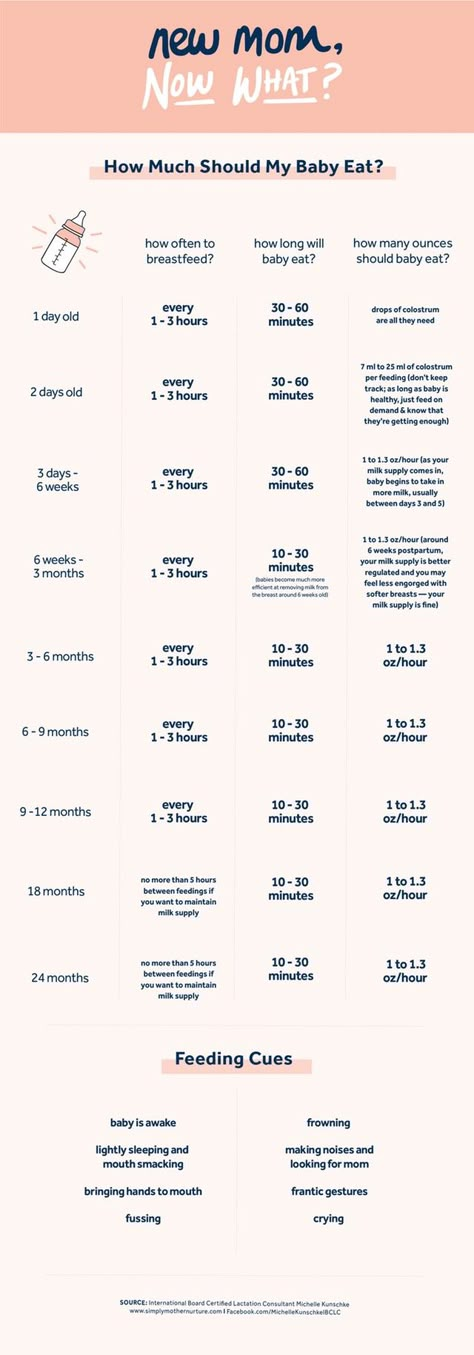 Even under a regime, allowance must be made for new circumstances. And if a child has a need for food, he does not need to refuse, especially a very small one who still does not know how to wait for physiological reasons. nine0003
Even under a regime, allowance must be made for new circumstances. And if a child has a need for food, he does not need to refuse, especially a very small one who still does not know how to wait for physiological reasons. nine0003
— How to determine how much to give during one feeding?
- When breastfeeding, it makes no sense to calculate the volume, and it is difficult to measure it. On artificial feeding, the calculation is based on the age and weight of the baby. Usually, the amount of food per day is calculated: it is divided by the number of feedings at the moment. For example, if a child eats every three hours, then the volume is divided by eight or seven, and for older babies - by fewer feedings. Each age has its own formulas and calculations. nine0003
Approximate amount of infant formula by age and frequency of feedings
— How can you tell if a baby is gaining weight?
- We discussed earlier that at each age there are average norms (range) of weight gain.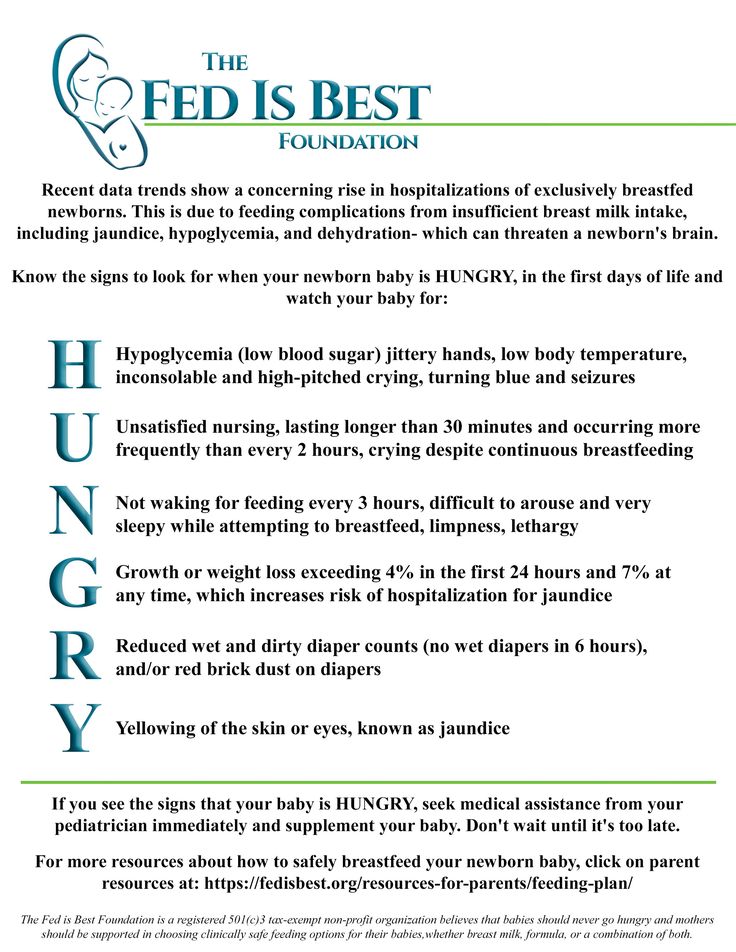 But gains above the norm does not mean the threat of obesity. Physiological features, height-weight proportions of the baby are taken into account. Even if the weight gain prevails over the increase in height, it is still not necessary to restrict the child in nutrition. It is important to meet his nutritional needs and not replace the milk/formula with water or dilute the formula with more water to reduce its calorie content. When nutrition is adequate, and the correct feeding regimen and eating behavior has developed in the family, as the child grows and masters new skills, the child will begin to expend more energy, and the reserves accumulated in previous months will quickly be used up. nine0003
But gains above the norm does not mean the threat of obesity. Physiological features, height-weight proportions of the baby are taken into account. Even if the weight gain prevails over the increase in height, it is still not necessary to restrict the child in nutrition. It is important to meet his nutritional needs and not replace the milk/formula with water or dilute the formula with more water to reduce its calorie content. When nutrition is adequate, and the correct feeding regimen and eating behavior has developed in the family, as the child grows and masters new skills, the child will begin to expend more energy, and the reserves accumulated in previous months will quickly be used up. nine0003
— When is it time for an overweight baby to see a doctor?
— Babies under one year old are seen by a pediatrician every month. At the appointment, the doctor can look at more pronounced weight gain and discuss whether the child is active enough for his age or needs stimulation.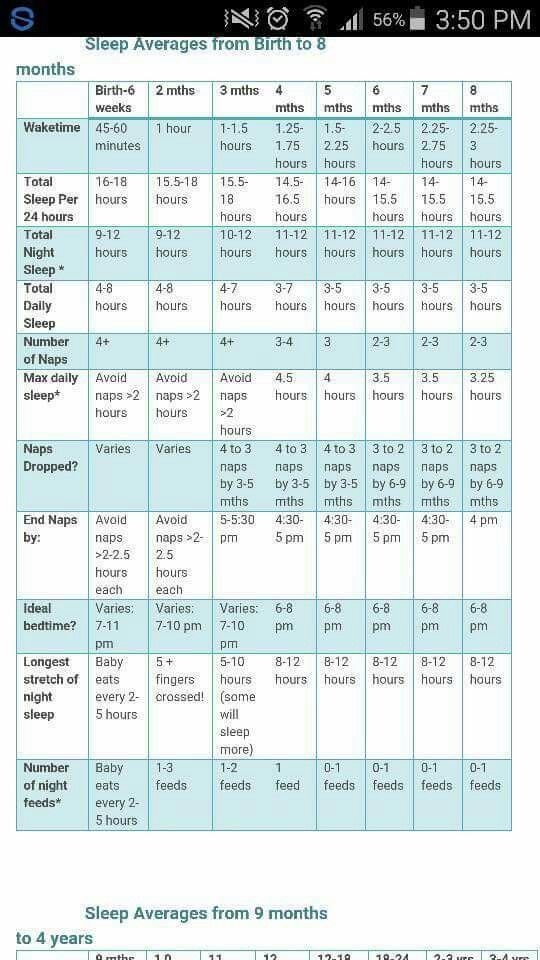 After all, it happens that babies are ready to crawl and roll over, and parents leave them to sit in a deck chair without the possibility of moving, or children spend a lot of time in a stroller, where they are also unable to realize their motor needs. nine0003
After all, it happens that babies are ready to crawl and roll over, and parents leave them to sit in a deck chair without the possibility of moving, or children spend a lot of time in a stroller, where they are also unable to realize their motor needs. nine0003
Don't forget about endocrine diseases that lead to obesity, although they occur very rarely. If necessary, the pediatrician will prescribe a consultation with an endocrinologist.
— What advice does the World Health Organization give about feeding children?
- WHO says baby should be breastfed on demand. Wants to eat every 40-60 minutes - you need to feed and not wait until he stops asking for a breast or the time between feedings is maintained. nine0003
However, a child's anxiety does not always indicate that he is hungry. Breastfeeding is not only about nutrition, but also about interaction. Sometimes breastfeeding becomes a satisfaction of the need not so much for food as for communication. If the child lacks attention, affection, care, then he can ask for a breast much more often, because at the time of feeding he has the opportunity to closely contact his mother.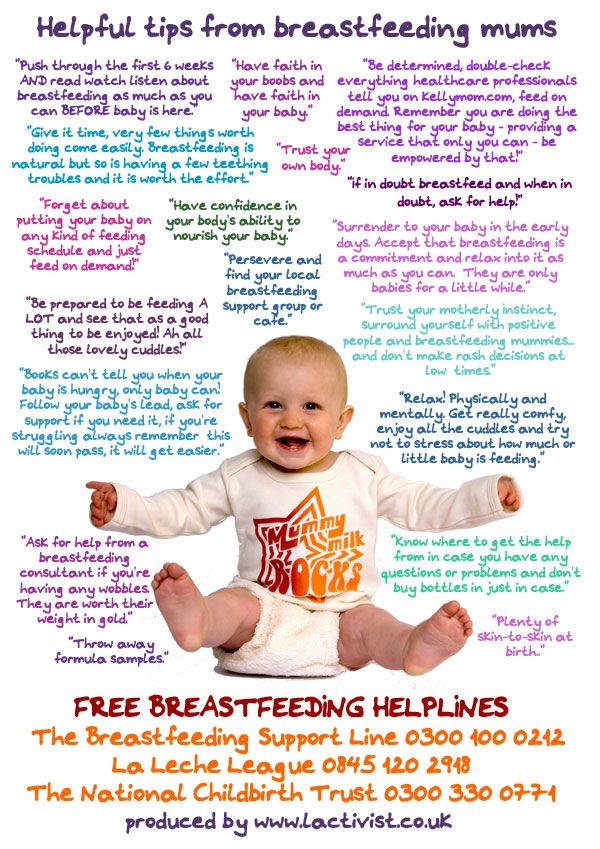
— What are cluster feedings and why do they occur? nine0010
— Cluster feedings have been talked about relatively recently. These are situations when the baby is applied to the breast very often for some time, literally "hanging on the chest" to be with his mother.
Peculiarities of cluster feeding:
- are often observed in babies of the first month of life;
- may appear in two to three months or recur sooner;
- often coincide with growth spurts, when the baby's excitability increases, he learns new skills, receives a lot of information from the outside; nine0027
- usually last one or two days, and if it drags on, then it is necessary to analyze the sleep and wakefulness regimen, the presence of overvoltage, the adequacy of the child's nutrition and, if necessary, take measures;
- are not related to the mother's diet - however, in such a rather difficult period, it is desirable that the mother does not have aggravating factors in the form of a strict diet, which will negatively affect her well-being and mood.

A small child depends on his mother. When his level of anxiety rises due to certain changes in the body, he wants his mother to be around as often and as long as possible. Being on his chest for a long time, he calms down. This condition is normal for a child, and there is no need to wait for him to stop asking for breasts or asking for pens. You need to come to terms with the fact that there are such periods in the life of a baby, and organize your life in such a way that frequent cluster feedings do not interfere (slings and other carriers help). nine0003
Cluster feedings occur less often on artificial feeding, because the baby does not associate food with mother as closely as with natural feeding. Mom has other ways of interacting with her baby that compensate for communication during feeding. Feeding on such days usually takes place, but the baby spends more time in her arms, and the mother is more actively involved in his life and pays more attention to him.
It is impossible and unnecessary to feed the child chaotically all the time.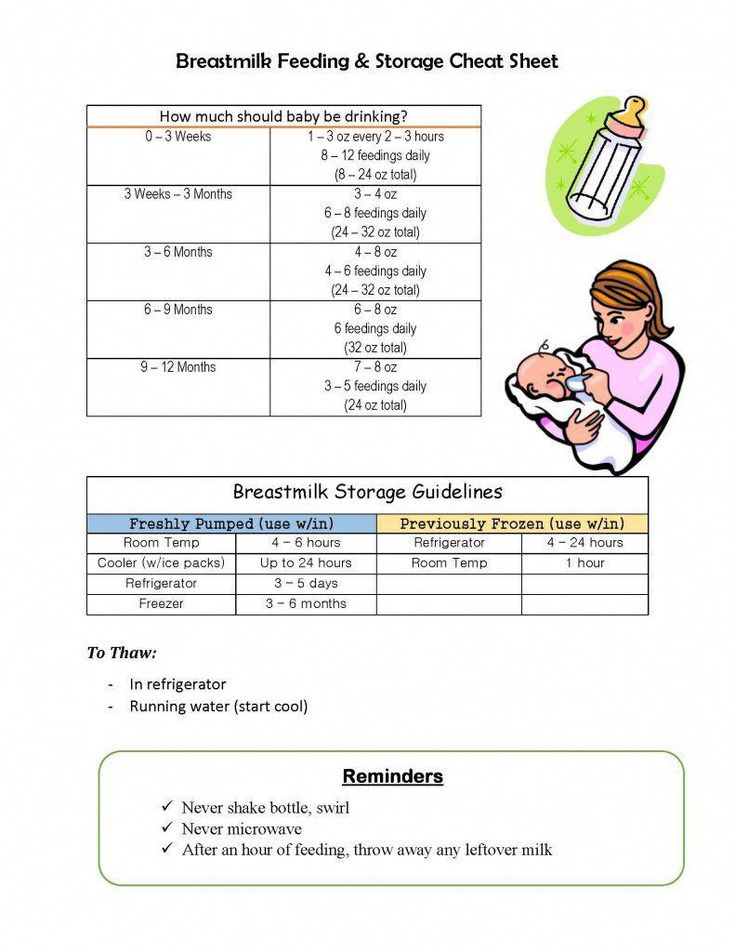 When breastfeeding, it is important to take into account the needs of the baby and try to choose something between a regimen and its complete absence. Artificial feeding is easier - the ideal regimen depends on the frequency of feeding in accordance with the age and weight of the baby. When a child begins to ask for food every hour, the first thing to decide is whether he is hungry or has some other need. There are times when a baby needs a mother and he needs more communication, a change in position, a feeding place. This is the norm, not a disease that needs to be treated. Mom needs to carefully observe her baby, learn to feel his needs, and everything will be in order. nine0003
When breastfeeding, it is important to take into account the needs of the baby and try to choose something between a regimen and its complete absence. Artificial feeding is easier - the ideal regimen depends on the frequency of feeding in accordance with the age and weight of the baby. When a child begins to ask for food every hour, the first thing to decide is whether he is hungry or has some other need. There are times when a baby needs a mother and he needs more communication, a change in position, a feeding place. This is the norm, not a disease that needs to be treated. Mom needs to carefully observe her baby, learn to feel his needs, and everything will be in order. nine0003
*The ideal food for a baby is mother's milk. WHO recommends exclusive breastfeeding for the first 6 months. MAMAKO ® supports this recommendation. Before introducing new foods into your baby's diet, consult with a specialist.
* Breast milk is the best food for babies. WHO recommends exclusive breastfeeding for the first 6 months of a child's life and continued breastfeeding after complementary foods are introduced until the age of 2 years. Before introducing new products into the baby's diet, you should consult with a specialist. The material is for informational purposes and cannot replace the advice of a healthcare professional. For feeding children from birth. The product is certified. nine0117
Before introducing new products into the baby's diet, you should consult with a specialist. The material is for informational purposes and cannot replace the advice of a healthcare professional. For feeding children from birth. The product is certified. nine0117
#advice for mom #breastfeeding
See also
Night feedings of a bottle-fed baby
#Advice for Mom
Kizino Polina Alexandrovna
pediatrician, perinatal psychologist
nine0002 Formula-fed#Advice for Mom
Kizino Polina Alexandrovna
pediatrician, perinatal psychologist
Diet and menu for a one year old baby
#Food #transfer to common table
Shalunova Anastasia Ivanovna
member of the Russian Union of Nutritionists, Nutritionists and Food Industry Specialists
See all
View all
Night feedings of a bottle-fed baby
# Tips for mom
Kizino Polina Alexandrovna
pediatrician, perinatal psychologist
Formula-fed regimen
# Tips for mom
Kizino Polina Aleksandrovna
pediatrician, perinatal psychologist
See all
View all
View all
Diet and menu for a one year old baby
# Lure # transfer to the general table
Shalunova Anastasia Ivanovna
member of the Russian Union of Nutritionists, Nutritionists and Food Industry Specialists
See all
Top
The child must not | Medical Center
At the moment, services are being re-evaluated, please check with the administrator by phone for details and exact prices. Thanks for understanding!
Thanks for understanding!
Medical Center
8(495)741-10-01
Alekseevskaya metro station, Prospekt Mira, 102, building 23
Paveletskaya metro station, 3rd Monetchikovsky pereulok, 16, building 1
08:00 - 20:00 We are in touch on Whatsapp
Personal account
Show on map
Pediatrician Anastasia Turchinskaya as a lawyer for babies.
The child should NOT:
- sleep through the night. Night feedings are an important part of the diet. It is absolutely normal that the baby asks for food at night every three, two, or even half an hour. Attach the baby to the chest, especially since more prolactin and oxytocin are produced at night - hormones that provide breastfeeding. nine0027
- to be in the crib, not in the arms. Wanting to be held is a normal desire of a child! The instinct that allowed mankind to survive. And although we now do not live in caves and there are no saber-toothed tigers around us, the need to be in the hands of an adult is still basic! So the child is calm, and, therefore, can explore the world, grow and develop.

- is on schedule. The best diet for babies - on demand. The volume of the stomach of the newborn is small. It is normal that the child asks for food every 2 hours, even every half an hour! Breastfeed your baby every time he wants to. nine0027
- poop once a day with yellow poop. The child's stool on breastfeeding can be both every time after feeding, and every few days. Stool color is not permanent and changing from yellow to brown to green is normal! The main guideline is weight gain and good health.
- be convenient. Children of the first year of life are very demanding. They need parents around the clock. Postpone all things to an older age, devote your attention and time to the child. nine0027
- always be healthy. Snot, cough, diarrhea, fever and other manifestations of SARS not only can, but should be in all children! When sick, the child builds up his immunity. Yes, the disease is scary and unpleasant, but it's normal!
- don't cry.
